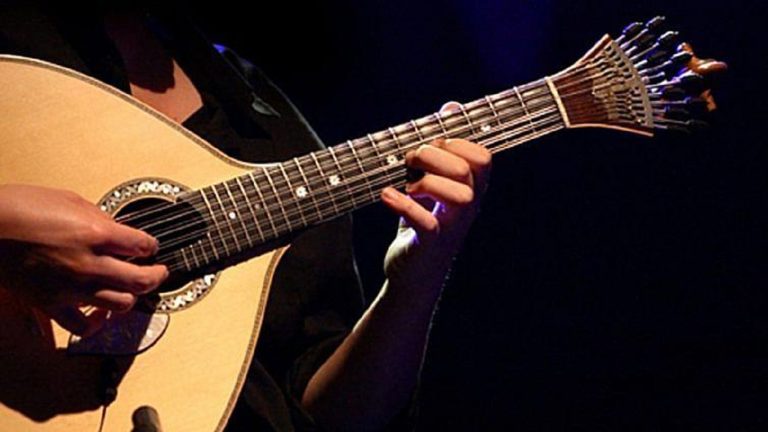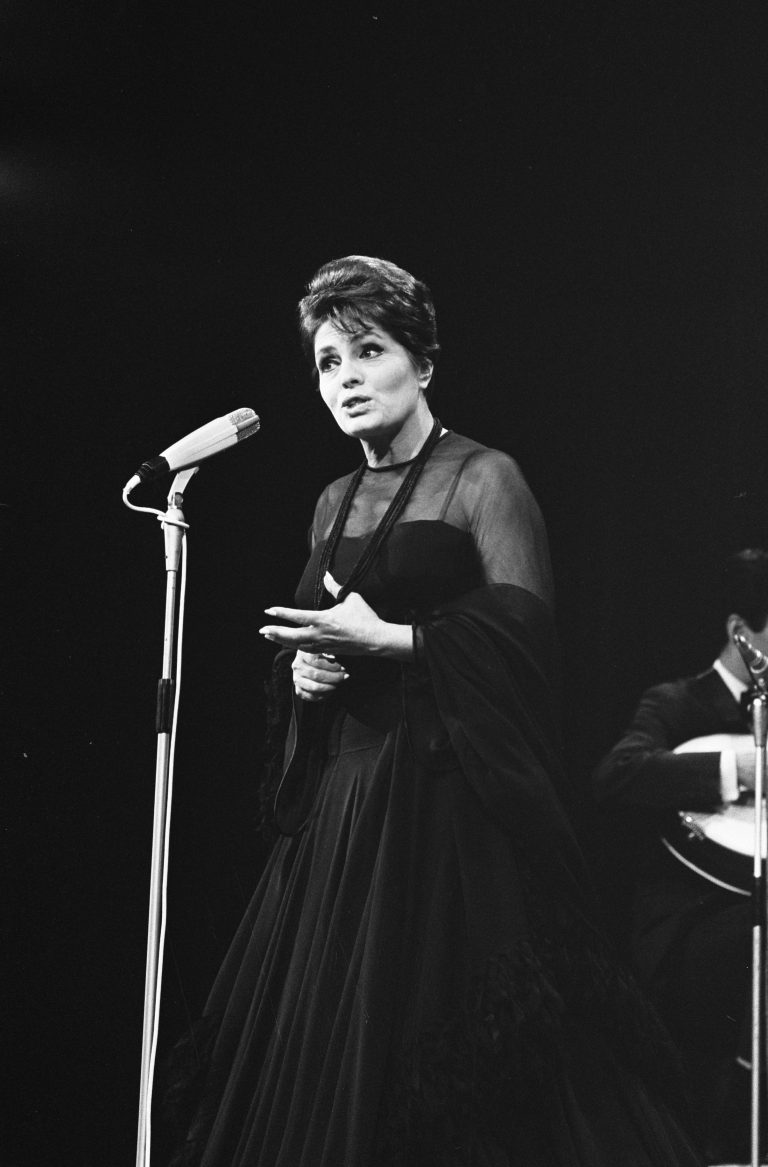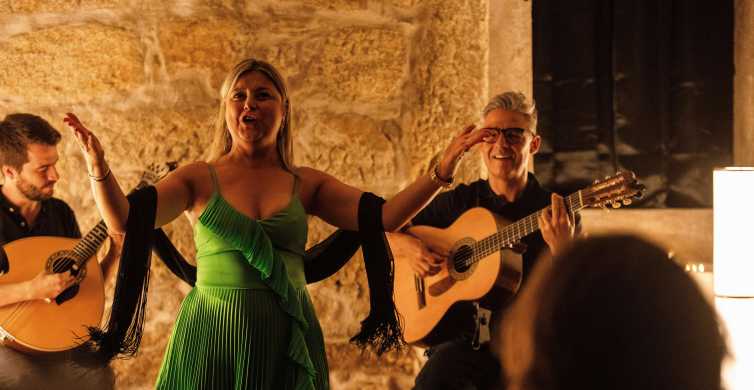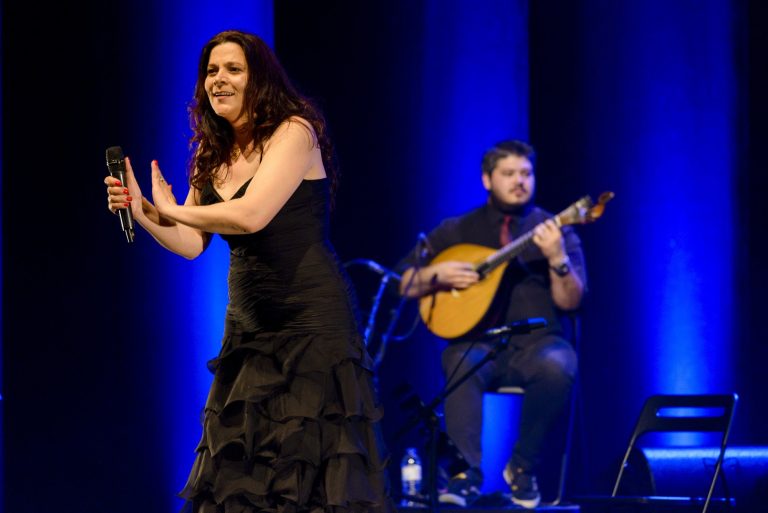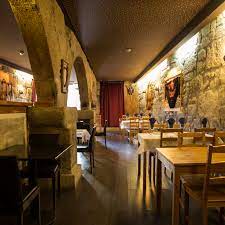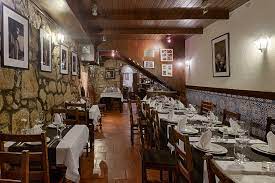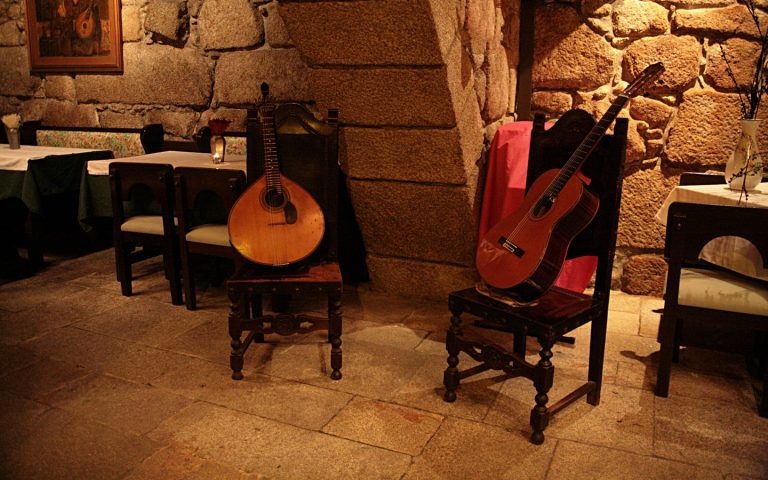Discovering Porto and the Folk Music of Fado
Recognized by UNESCO since 2011 as Intangible Cultural Heritage of Humanity, Fado is a genre of Portuguese folk music, typical especially of the cities of Lisbon, Coimbra, and Porto.
For its musical passion, Fado is often compared to tango; however, Fado is a more introspective and intimate music that, recalling the past, sings with sadness about the history of Lisbon and its scars, and is played with the Portuguese guitar, pressing the strings directly with the fingers of the right hand, rarely with a pick.
guitarra portuguesa Fado
For years, Fado has been considered merely a tourist attraction, while today its cultural value is proudly displayed, and it is played in the most illustrious venues, with lyrics written by the best masters, such as Amalia Rodrigues, considered one of the greatest interpreters of this fascinating Portuguese musical genre.
Amalia Rodrigues Fado
Origins of Fado
The word Fado comes from the Latin “fatum,” which means “destiny.” It is a music with melancholic and nostalgic traits, which, played in taverns and the surrounding areas of the port, reflects the frustration and spontaneity of the city’s poorest suburbs.
The only certainty when talking about the origins of Fado is that it was born in the heart of Lisbon in the first half of the 18th century, and then spread to Portuguese cities, including Coimbra and Porto.
Located 320 kilometers north of Lisbon, Porto is an ideal place to listen to this characteristic folk music: to do so, you must go to one of the famous “Fado Houses,” or typical venues where you can attend a Fado show and at the same time enjoy typical cuisine accompanied by a nice glass of the famous Port wine.
Casa del Fado
Where to Listen to Fado
To listen to Fado in Porto, you can visit several Fado houses, including L’Ideal Clube de Fado, which offers intimate shows dedicated to the preservation of classical Fado and pays homage to historical Fado figures thanks to its musicians among the most experienced and respected in the city.
O Fado is another venue located in a century-old building with stone walls and decorations reminiscent of the early 20th century: it is a restaurant known for its Fado shows and for a wide range of quality traditional Portuguese food.
Fado Português, run by the famous Fado singer Sandra Correia, is frequented by numerous Fado musicians and has the peculiarity of being a simple place that offers a family atmosphere to visitors.
Sandra_Correia-Fado
The typical restaurant Mal Cozinhado is located in a 14th-century building in the historic riverfront area of Porto, near the Douro River, an ideal place to enjoy Fado and a good dinner in the evening: it is a beautiful historic space, which preserves the original walls and wooden beams.
Taberna Real do Fado is located near Clérigos, in a renovated old building, and here every Fado enthusiast can enjoy the best dishes of Portuguese gastronomy, as well as at Casa da Mariquinhas, founded in 1968 in the typical Sé neighborhood, in front of Arco de Santana, is an intimate and welcoming place.
Also, Arcadas de S. Jorge is a characteristic place to listen to Fado with artists and excellent wine from the city of Porto.
Arcadas de S. Jorge
Casa da Mariquinhas
Mal Cozinhado
In addition to the historical, artistic, and cultural beauty of the city of Porto, listening to this beautiful folk music will be an extra activity to try and remember with emotion on the next trip to this wonderful Portuguese city.
Don’t miss further updates, news, onboard experiences, and reviews on Cruising Journal with photos, videos, and cruises on offer!

